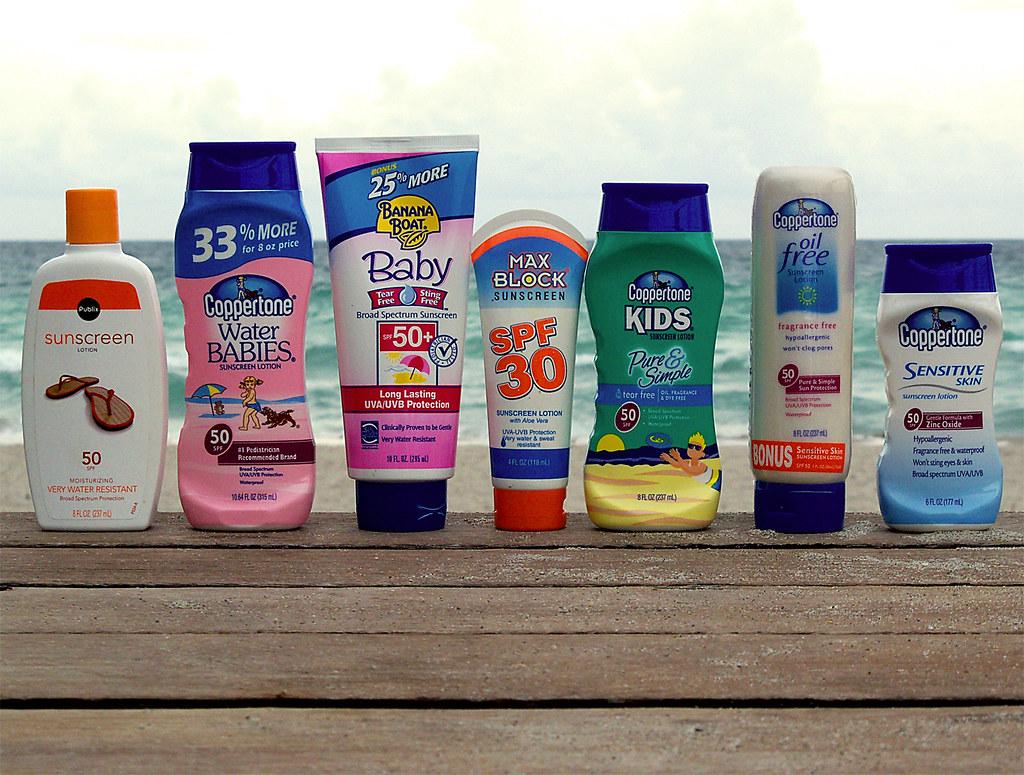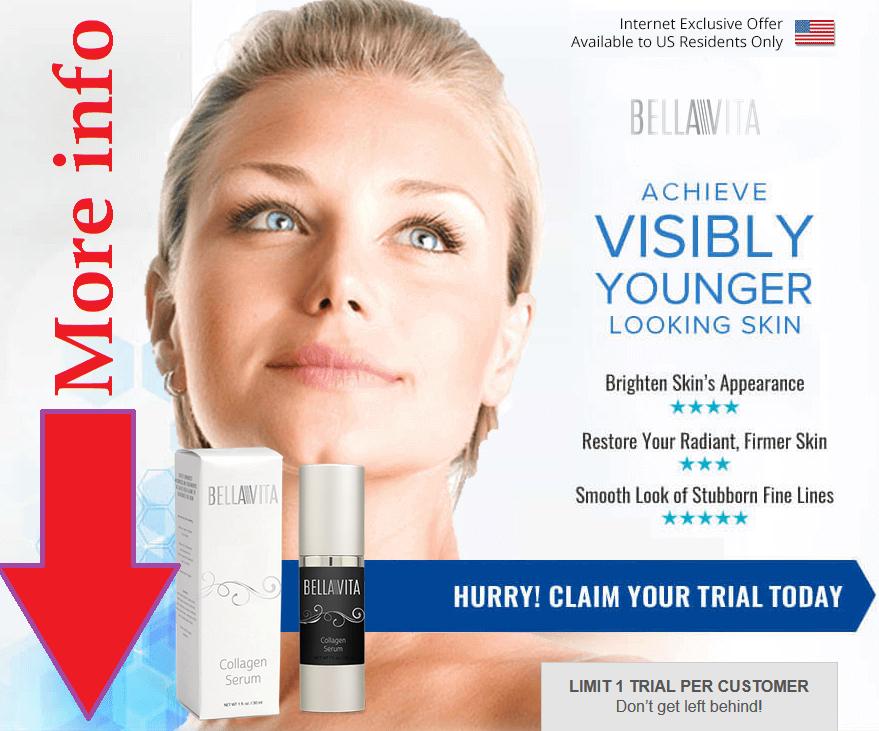When it comes to skincare, finding the right sunscreen for sensitive skin can feel like navigating a minefield. Many products promise protection, but few deliver the gentle care that sensitive skin truly needs. For those who experience irritation, redness, or breakouts from typical sunscreens, the quest for a suitable product can be particularly daunting. We understand the frustration of trying multiple brands only to be met with discomfort. That’s why we’ve curated a list of the best sunscreens specifically formulated for sensitive skin. In this guide, we’ll explore options that not only shield your skin from harmful UV rays but also soothe and nurture it, allowing you to enjoy the sun with confidence and peace of mind.
Understanding Sensitive Skin and Its Unique Needs
For those with sensitive skin, the journey to finding the right skincare products can often feel like a delicate dance. This skin type reacts easily to environmental factors, requiring products that are both effective and gentle. Understanding the unique needs of sensitive skin is crucial to maintaining its health and preventing irritation.
When it comes to sunscreen, selecting the right formula is essential. Sensitive skin tends to respond better to physical (mineral) sunscreens rather than chemical ones. Here’s why mineral sunscreens are often the preferred choice:
- Ingredients: They usually contain zinc oxide or titanium dioxide, which sit on the skin’s surface and deflect UV rays.
- Gentle Formulation: These ingredients are less likely to cause irritation or allergic reactions.
- Broad-Spectrum Protection: They offer effective protection against both UVA and UVB rays.
Consider the following characteristics when choosing a sunscreen suitable for sensitive skin:
| Characteristic | Description |
|---|---|
| Fragrance-Free | Reduces the risk of irritation from synthetic scents. |
| Non-Comedogenic | Prevents clogging pores, which can lead to breakouts. |
| Hypoallergenic | Minimizes the chance of allergic reactions. |
Choosing the right sunscreen for sensitive skin can make a significant difference in your skincare routine, ensuring that your skin stays protected and comfortable, free from the irritation that harsher products might cause.

Key Ingredients to Look for in Sunscreens for Sensitive Skin
Finding the right sunscreen for sensitive skin can be a daunting task. However, certain key ingredients can make all the difference in ensuring your skin stays protected without irritation. Here are some of the top ingredients to seek out:
- Zinc Oxide and Titanium Dioxide: These mineral-based ingredients are excellent for sensitive skin as they sit on top of the skin and physically block harmful UV rays, reducing the risk of irritation.
- Niacinamide: Known for its soothing properties, niacinamide can help calm inflammation and redness often associated with sensitive skin.
- Aloe Vera: This natural ingredient provides a cooling effect and aids in moisturizing the skin, which can be beneficial after sun exposure.
Below is a quick reference table for these ingredients:
| Ingredient | Benefit |
|---|---|
| Zinc Oxide | Physical UV blocker, less likely to irritate |
| Niacinamide | Soothes and calms inflammation |
| Aloe Vera | Moisturizes and cools the skin |
When choosing a sunscreen, also consider formulas that are fragrance-free and hypoallergenic to further minimize the risk of irritation. Always patch-test new products to ensure they suit your skin’s unique needs.

Top Dermatologist-Recommended Sunscreens for Gentle Protection
For those with sensitive skin, finding a sunscreen that offers effective protection without irritation can be a daunting task. Dermatologists often recommend sunscreens that are gentle yet powerful enough to shield delicate skin from harmful UV rays. Here are some top picks that combine safety with efficacy:
- Mineral-Based Formulas: Opt for sunscreens containing zinc oxide or titanium dioxide. These ingredients sit on the skin’s surface and physically block UV rays, reducing the risk of irritation.
- Fragrance-Free Options: Fragrances can often trigger allergic reactions or sensitivity. Choosing a fragrance-free sunscreen can help minimize the risk of adverse reactions.
- Broad-Spectrum Protection: Ensure your sunscreen offers broad-spectrum coverage to protect against both UVA and UVB rays, which are equally damaging to sensitive skin.
| Product | Main Ingredient | SPF Rating |
|---|---|---|
| Gentle Shield Mineral Sunscreen | Zinc Oxide | SPF 50 |
| Calm & Protect SPF Lotion | Titanium Dioxide | SPF 30 |
| Ultra Sensitive Sun Guard | Zinc Oxide & Titanium Dioxide | SPF 45 |

How to Apply Sunscreen for Maximum Comfort and Effectiveness
Applying sunscreen can sometimes feel like a chore, especially for those with sensitive skin. However, with a few simple steps, you can make this essential skincare routine both comfortable and effective. Here’s how:
- Choose the Right Formula: Opt for sunscreens specifically designed for sensitive skin. Look for labels that say “fragrance-free” and “hypoallergenic.” Mineral-based sunscreens with ingredients like zinc oxide or titanium dioxide are often gentler on the skin.
- Apply Generously and Evenly: For maximum protection, apply a thick, even layer. A common mistake is using too little; aim for about a teaspoon for your face and a shot glass for your body.
- Don’t Forget Key Areas: Pay special attention to sensitive spots such as your ears, neck, and the tops of your feet. These areas are often overlooked and can be more prone to sunburn.
| Common Area | Amount of Sunscreen |
|---|---|
| Face | 1 Teaspoon |
| Arms | 1 Tablespoon |
| Legs | 1 Tablespoon |
Lastly, remember to reapply every two hours, especially if you’re swimming or sweating. Keeping a small bottle of sunscreen in your bag can make reapplication hassle-free. By following these steps, you’ll ensure that your skin stays protected without the discomfort that sometimes accompanies sunscreen use.








































